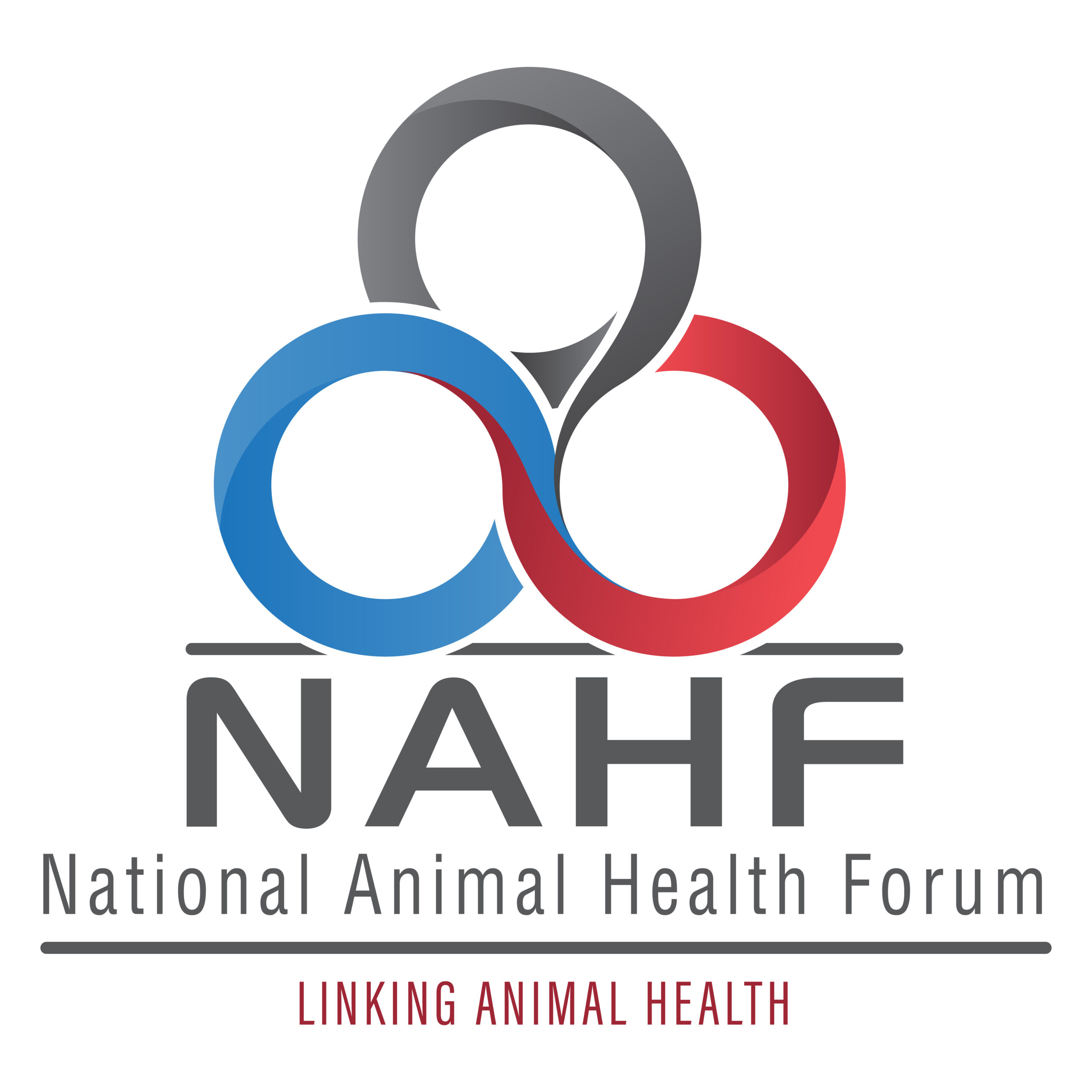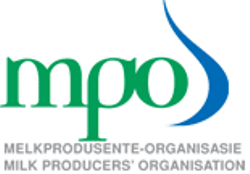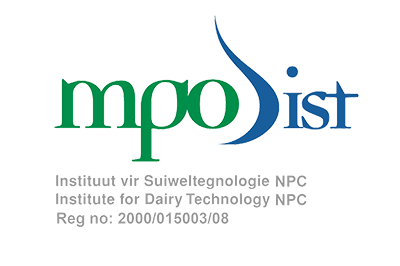RED MEAT MANAGEMENT PROGRAMMES
1. Basic herd management
The guide on basic herd management serves as a fundamental platform for increasing farmers’ awareness and knowledge of the basic aspects of management required for profitable and sustainable beef farming.
- Beef breeds and herd composition
- Livestock herding and handling practices
- General husbandry practices
- Management calendar
2. Herd health management
The guide on herd health aims to address the basic principles of herd health management and involves adopting a total integrated approach to production and health. Activities on the farm must ensure that healthy animals are produced under acceptable conditions for the animals and in balance with the natural resources.
- Basic principles of herd health management
- Biosecurity
- Structured observation and evaluation of sick animals
- Disease identification and treatment
- Disease prevention through vaccination
- Parasite control
- Udder health
3. Veld and pasture management
This guide focuses on several principles and practices of veld management, which gives farmers ample information to effectively manage their environment.
- Veld management and related legislation
- Natural resources – soil, vegetation, natural veld, and bioclimate
- Ecological processes, principles, and disturbances
- Land degradation and soil erosion
- Plant succession
- The role of plants and animals
- Fire prevention and management
- Drought management
- Mapping and planning property
- Assessing and monitoring veld conditions
- Grazing systems
- Controlling unwanted plants
- Fodder flow planning
- Supplement feeding
- Pasture types and characteristics
- Pasture fertilisation, irrigation, weed control and seed production
4. Reproduction management
The reproductive performance of a beef herd is a major component of the profitability of a beef operation. To achieve the best possible results regarding reproduction, sound management abilities are required. This training focuses on key management practices aimed at effecting optimal reproductive efficiency and increasing productivity within cow-calf herds.
- Basic anatomy of the genital system
- Basic physiology of reproduction
- Production cycle
- Bovine reproductive diseases and syndromes
- Managing reproduction in beef herds – natural breeding, breeding seasons in South Africa, reproduction in multiparous beef cows, reproduction in beef heifers, bull selection, assessment and management, artificial breeding and oestrus synchronisation, embryo transfers and genomics
5. Cattle marketing management
Marketing of livestock directly influences the financial value of your cattle and ultimately the profitability of a beef operation.
- The South African beef classification system
- Guideline for age determination of the live animal
- Hides and offal
- Marketing options – auction sales, out of hand selling, direct abattoir sales, feedlot marketing, and informal marketing
- Livestock marketing guidelines and documentation
- Procedures for transporting the animals
6. Farm business (financial) management
Financial management is a major course of business failure. Therefore, this programme will help livestock farmers to improved their financial business management skills to ultimately improve productivity, increase profitability and fulfill their long-term farming goals.
- Financial strategy and planning
- Capital and funding options
- Business cost and financial viability
- Budgeting
- Analysing accounts and financial statements
- Business risk and risk mitigation
7. Biosecurity management
Biosecurity is management practices used to prevent the entry of disease-causing agents and, therefore, protects the health of the herd as well as the quality of the end-product produced for the consumer.
- The state of biosecurity in South Africa
- Risks associated with dairy and the cost of disease
- Basics of biosecurity regarding animals, people, and programmes
- Assessment of a farm’s biosecurity status
- Development of a biosecurity plan
OTHER TRAINING SERVICES
ANNUAL TRAINING REPORT (ATR) / WORKPLACE SKILLS PLAN (WSP)
The MPO Training Institute helps commercial farmers claim 20% of the mandatory grants from the skills development levies (SDL) paid to Sars. The institute does the administration for the completed training of the ATR at dairy farms and the WSP for planned training in the following year. The mandatory grants are reinvested in training, which is administered and managed by the MPO Training Institute. This service not only benefits the farmer but also provides industry statistics and allows the industry to align their training with the agri-sector’s scarce and critical skills.
WORKPLACE EXPERIENCE OR INTERNSHIPS
The MPO Training Institute annually assists dairy farmers to select final-year agricultural students to gain experiential learning on commercial dairy farms for a period of one year. This service not only promotes dairy as a career opportunity for the youth, but also provides an opportunity for commercial farmers to establish an educated and high-performance workforce. The MPO Training Institute helps farmers apply for workplace experience bursaries and also provides guidelines on how to mentor the students.
TRAINING MATERIAL DEVELOPMENT
The MPO Training Institute is continuously working on developing new training material to meet the training needs of the South African agricultural industry.










